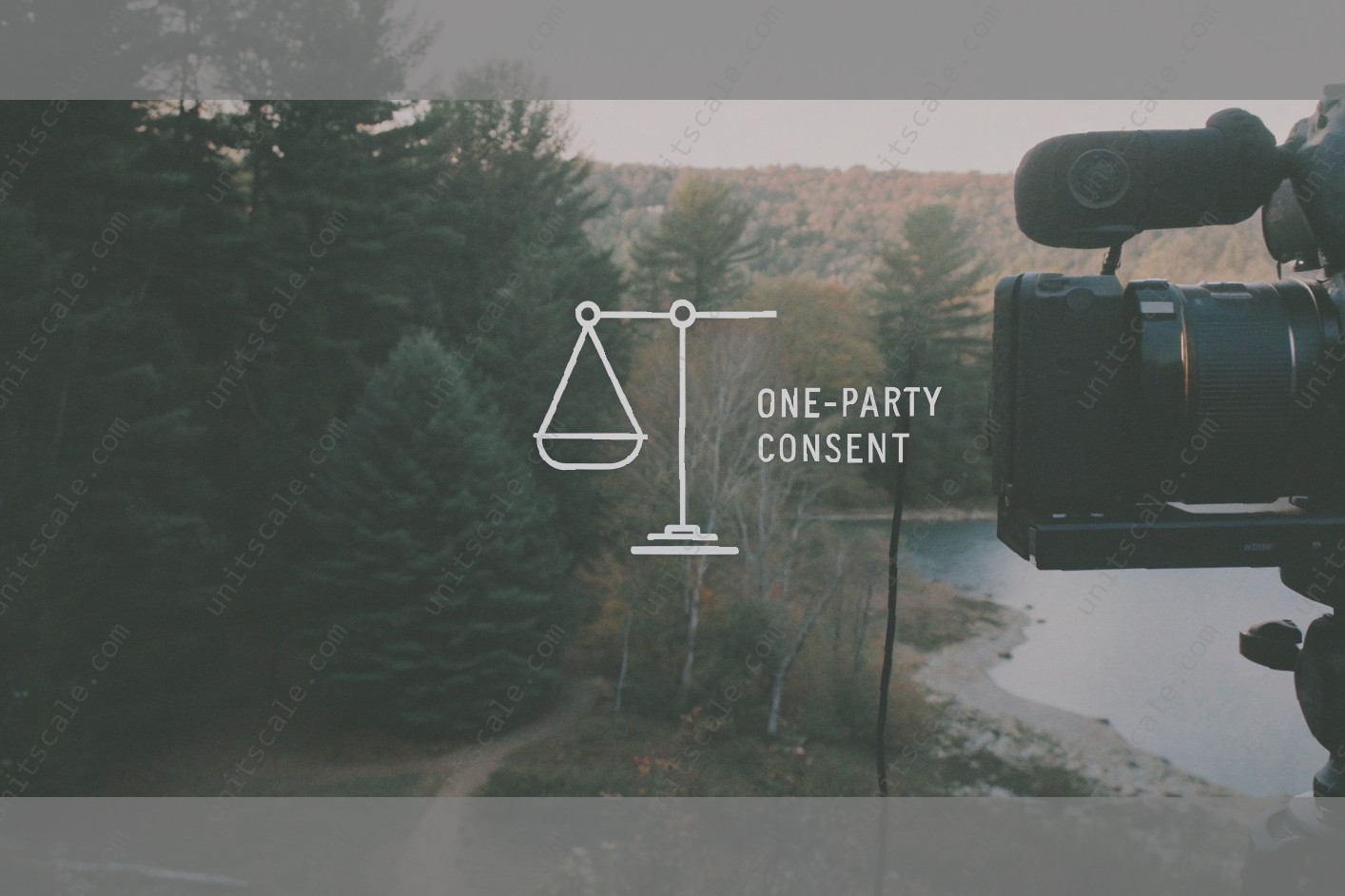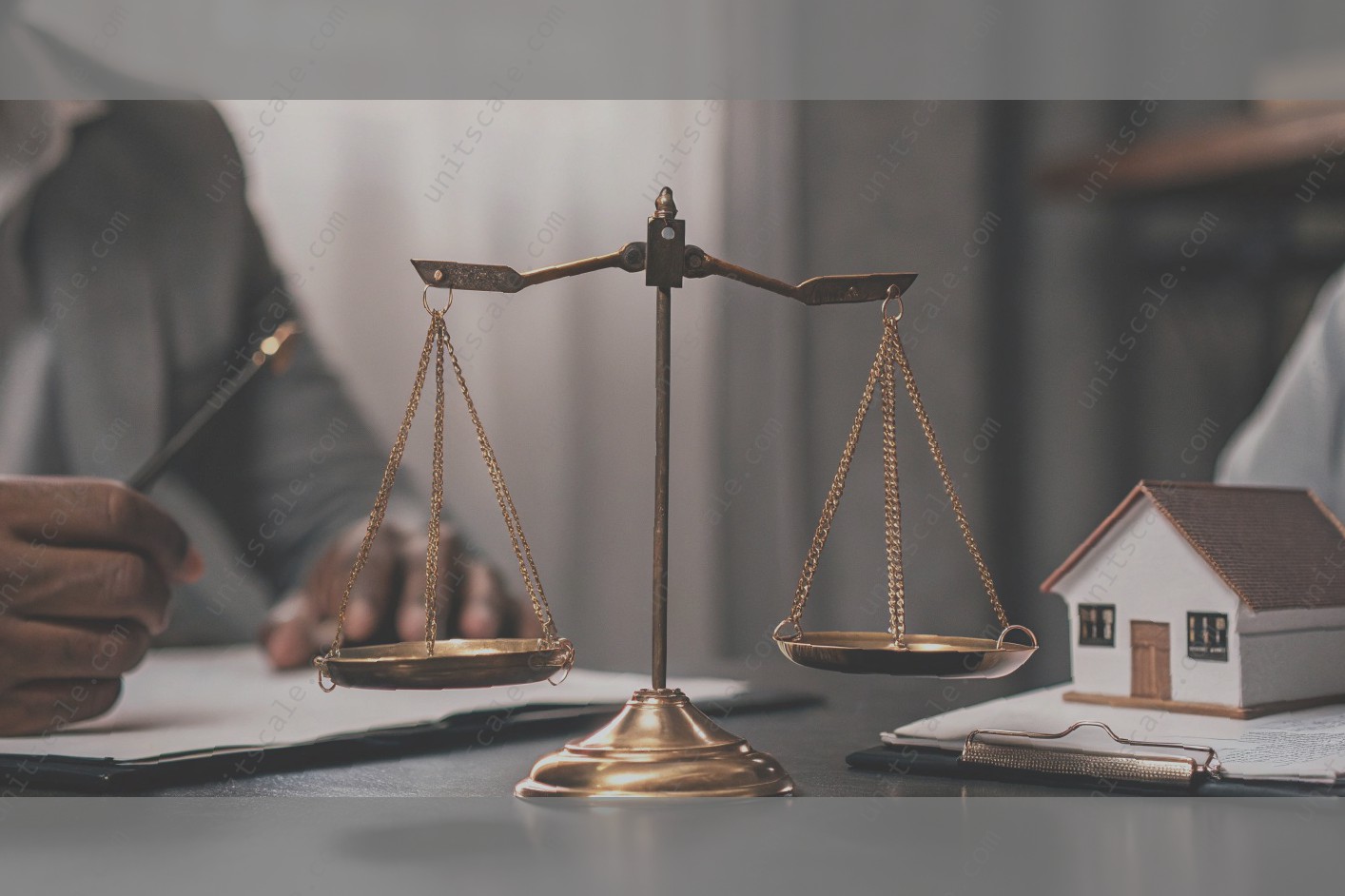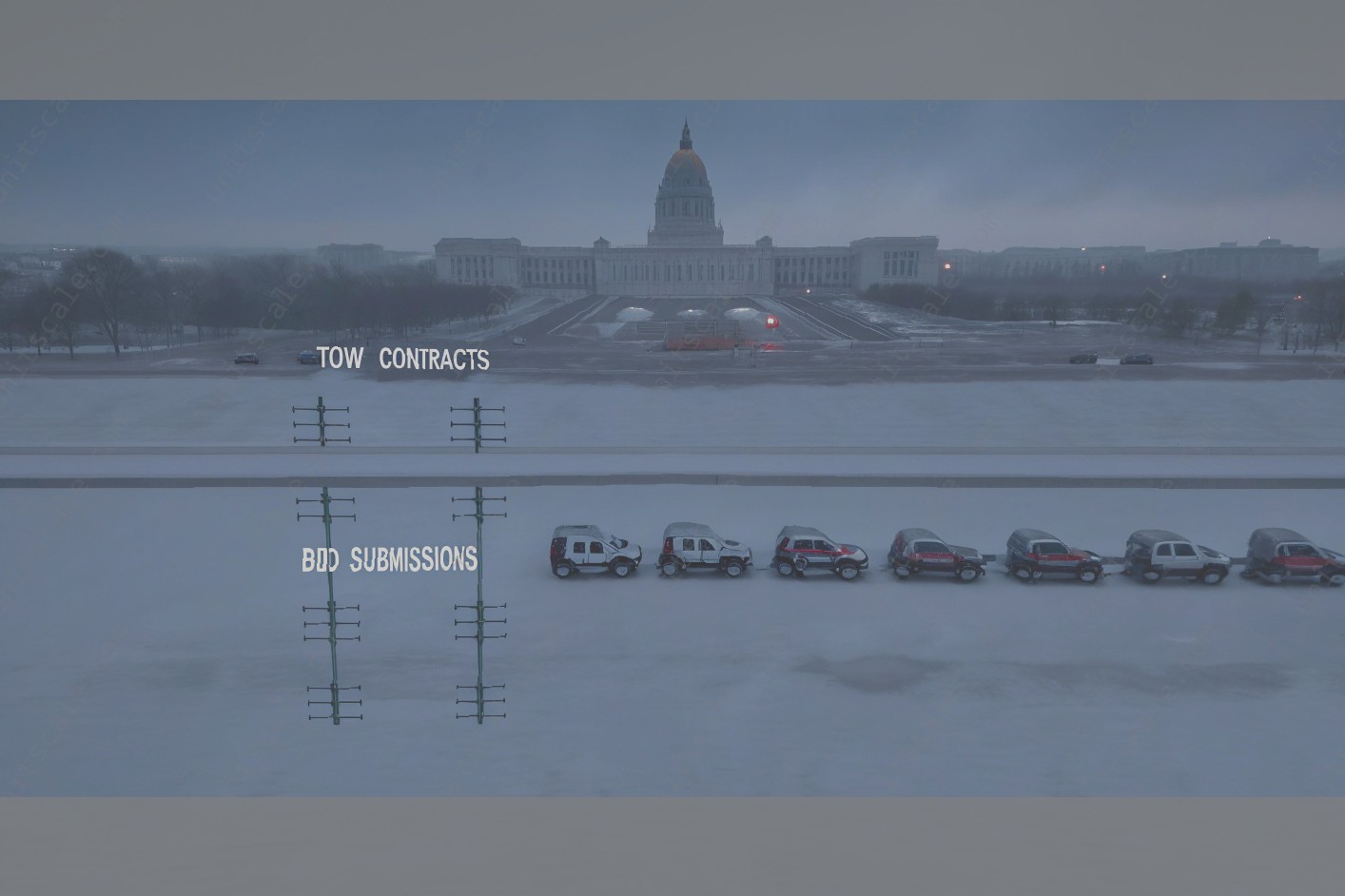An Introduction to Vermont Recording Statutes
When it comes to understanding recording laws in Vermont, you have to look at laws on a federal and state level. Norms governing recording vary from state-to-state, but there are some fundamental principals that are consistent across the nation. In general, individuals need to get consent from both parties prior to recording if they want to ensure that the recording is fully compliant with both federal and Vermont law. There are some notable exceptions, which you can learn about by reading this guide that covers Vermont wiretapping laws and everything you need to know about recording laws in the state.
One of the most important things to understand is the difference between one-party and all-party (or "two-party") consent states. If a state is classified as one-party, it means that only one party to the conversation has to give consent for it to be recorded. An all-party state, conversely , means that both parties have to agree in order for the conversation to be recorded.
Vermont is considered a one-party consent state, meaning that as long as one party knows that recording is taking place, that’s sufficient. It is important to note that this does not mean that people can record whatever conversations they’d like, whenever they’d like. Vermont statute 13 V.S.A. § 1001 states: Every person who, intentionally and without the consent of the other person or persons, uses any … device … to overhear, intercept, or record the private discourse of others … shall be imprisoned not more than two years or fined not more than $500.00, or both. This statute now includes any communication that is even "partly" transmitted through a wire, "cable," or electronic or optical technology. While Vermont is a one-party consent state, both federal recording laws and Vermont state laws still apply.
Vermont Audio Recording Statute
Vermont does not require the consent of all parties to a conversation in order to create a legal audio recording. Where the law requires all-party consent, it is typically found in state constitution. However, the Vermont Constitution does not contain any such restrictions.
Vermont law does provide that it is a felony to willfully overhear or record, disregard the recorded communication, or aid and abet the overhearing or recording of a private communication by mechanical or other device without the consent of at least one party to the communication. That being said, the law also provides that a public officer or employee may record communications to which he or she is a party as long as the recording is not prohibited by law. Communication by official government staff as well as communication by an officer in official capacity are two examples of communication that are exempt.
Finally, Vermont law does have a "one-party" electronic surveillance rule in which individuals have a reasonable expectation of privacy, such as locker rooms, public bathhouses, restrooms, etc. In these instances, one party cannot automatically consent to the recording.
Video Recording & Surveillance Statutes
With the advent of technology came the use of video cameras in everyday activities all over the country. In Vermont, as a rule, you must have consent to record video unless the video does not contain or have the capability of recording sound. For example, if you are surveilling (videotaping) a location and it is obvious that you are videotaping, then generally speaking, you are not required to advise the parties being videotaped of your presence. Consider this example: if you have a video camera set up in your living room facing the entrance to your home, and you and your guests are aware of the camera and its purpose, then you are not required to have my permission to videotape. On the other hand, if you secretly videotape me by concealing a video camera in your living room, you are generally speaking prohibited from doing so without my consent or knowledge. Further, as discussed in the search and seizure section of this website, you may not videotape in a private area, such as a bathroom, without consent.
The statute defining the use of video cameras in Vermont states that it is illegal to "intentionally and without authority of law record, by electronic or mechanical means a visual image of another person where the person being recorded has a reasonable expectation of privacy, when the recording is made in a context in which the person has a reasonable expectation of privacy, regardless of whether a law enforcement officer is present." 13 V.S.A. section 2605. This basically means that you cannot intentionally and surreptitiously videotape someone when they have a reasonable expectation of privacy in that location, such as a bathroom or a changing room. On the other hand, public videotaping – including videotaping that may be deemed intrusive – may be legal. Again, it is a matter of notice to the person being videotaped and the level of expectation of privacy that person has.
Consequences of Recording Without Consent
Violating Vermont’s recording laws may expose the violator to both civil and criminal penalties. Fines under a civil action are between $1,000 and $10,000 for each the day of the violation. Criminal actions may be charged under criminal voyeurism, which is a felony and punishable by up to five years in prison and/or a fine of up to $10,000 or both (if the court so decides). However, it should be noted that calls that originate within the State of Vermont and involve just those communicating with each other via phone from inside the State of Vermont are not covered by any of the criminal or civil laws and may not be recorded at all unless there is actual consent from both the caller and the recipient of the call.
When You Can Legally Use a Recording
When it comes to the legal uses of recordings, the case law in Vermont is unfortunately sparse. However, we can look to the application of Vermont’s wiretap statute, 13 V.S.A. § 2501 et seq., and the application of the wiretap statute to determine whether a particular set of circumstances constitutes an "official proceeding," in which sound recordings are generally not discoverable, but nonetheless admissible. As applied to civil proceedings, such as contracts actions, the court in Casavant v. Norwegian Cruise Line Ltd., 2014 U.S. Dist. LEXIS 147248 (D. Vt. Oct. 13, 2014), explained that Vermont’s wiretap statute applies "to any oral communication that may be intercepted, or person-to-person wire or electronic communications that may be intercepted, recorded, overheard or eavesdropped upon." Thus, recordings of conversations with a third party would be subject to discovery, while recordings of conversations made during a phone call with another individual would be discoverable and admissible.
Parties also often contract away the confidentiality of certain conversations or communications. While parties may not contract away the confidentiality of a communication or conversation with a third party, they may contractually assign confidential status to their own conversations and communications to protect against disclosure to third parties or the use of such information by third parties . Such was the case in Roth v. Get The Door, Inc., 170 Vt. 12, 742 A.2d 1095 (1999), where the court addressed whether an audio recording of a conversation was discoverable in a breach of contract action. The recordings revealed that disclosures made during a mediation were also recorded by a third party, outside a confidentiality agreement between the parties to the dispute. The court held that the mediation agreement was enforceable and "prevent[ed] the use of [the] recordings" in the action. Roth, 170 Vt. at 17, 742 A.2d at 1098.
In most instances, where a third party, or a party to the conversation or communication has not consented, disclosure through the use of a wiretap or recording device is not discoverable. Any unauthorized disclosure to a third party risks the party who obtained the information through the wiretap or recording device will be held in contempt or face felony charges. This does not mean that all recordings are inadmissible in court; however, to be admissible, they must be properly authenticated, meaning that the party offering the evidence "must demonstrate that the proffered evidence is what it purports to be." State v. Campbell, 2004 VT 38, 176 Vt. 644, 854 A.2d 760 (quoting State v. Raymundo, 2003 VT 19, 174 Vt. 189, 818 A.2d 1025). This exception generally applies to recordings of statements made by a party to another party.
Vermont Recording Statutes vs Other States
Vermont has a somewhat different take on recording laws than many other states in the region and across the nation. Northeastern states like New York and Pennsylvania have unilateral recording laws while the southern regions of the country tend to have rules that require the consent of both parties to the recording. In Vermont, it is the presence of an agreement between the parties that forms the basis of the legal recording of a conversation. Generally speaking, if two parties agree to record their conversation, they can do so without the risk of legal action. Even if one party records a conversation that the other has no knowledge of, the individual doing the recording does not violate any laws if he or she does not intend to commit an illegal act. Some of the states that Vermont borders directly mirror its policies on recording and surveillance. These include Maine, New Hampshire and Massachusetts. Of these three states, New Hampshire comes closest to the policies upheld by the Vermont Supreme Court. While the courts in New Hampshire do not have quite the body of case law found in Vermont, the policies regarding the use of audio and video surveillance are very similar. The courts in New Hampshire have consistently ruled that consent from one party is all that is needed for recordings to be admissible in legal proceedings. As long as the party does not intend to commit a criminal act in the process, there is no problem with moving ahead with the recording.
In comparison, New York and Massachusetts have some of the strictest wiretapping laws in place. Even though New York is a one-party consent state, if the party that is doing the recording is not a participant in the conversation, he or she is breaking the law. The laws in New Hampshire and Vermont do not have this obvious loophole regarding the legality of the recording. In Massachusetts, it is mandatory to have the consent of all parties before recording any private conversation. Breaking this law could result in significant fines and/or jail time. In Pennsylvania, which is a one-party consent state, citizens would not be charged with a crime if they agreed to recording a phone call or other conversation. However, making some conversations public record may result in some legal penalties for individuals who do not understand that certain types of conversations (with some government agencies, for example) cannot be shared without the permission of all involved parties.
Recent Developments and Proposed Changes
Several recent developments in the law may affect how recording is addressed in Vermont.
Originally enacted in 2010, Act 166, the Vermont Enhanced 911 System Law, allows property owners to make certain arrangements with their local dispatch to enhance the dispatch’s ability to locate them or their property during a call for help. A "911 call" could be a telephone call to a private, commercial mobile radio service ("CMRS") provider that may be relayed to the dispatch center by a voice or text message, via the internet, or through any other means.
Pursuant to 10 V.S.A. § 2674, owners of 9-1-1 Dispatch Enhancements have the ability to record information relating to the location, identity, and/or condition of the 9-1-1 Dispatch Enhancement. This information is then sent to the 9-1-1 Dispatch Center, which is responsible for deploying appropriate resources. The 9-1-1 Dispatch Center is not otherwise permitted to record or store 9-1-1 communications. The subject property or area is then exempt from the public records disclosure provisions of 1 V.S.A. Chapter 5, the Public Records Act. Rather than go through the administrative process set forth in 1 V.S.A. § 317(c)(2) to identify information exempt from disclosure, the dispatch center is entitled to treat all such information as exempt. However, relevant time-stamps and the address of the subject property or area must be disclosed.
Act 61, which was enacted on May 31, 2023 and went into effect on July 1, 2023, adds to the list of private data collection devices that are deemed "surveillance cameras" under Vermont’s surveillance laws. An "internet-enabled surveillance camera" is a type of camera that continuously records and archives public street views along a 360-degree panorama , including surveillance cameras operated by private citizens. Surveillance cameras are subject to certain restrictions regarding their use. Act 61 expanded the definition of "surveillance cameras" to include internet-enabled cameras that are portable and not directly affixed to any real estate. This amendment creates an additional layer of complication for those in the business of buying or selling real estate in Vermont. For instance, will an "internet-enabled surveillance camera" affect an offer to purchase? Will prospective purchasers have access to a property inspection report that includes information about a removable surveillance camera located on the property? With the expansion of these surveillance laws, the question remains as to whether a proactive disclosure practice should be implemented by buyers or sellers.
One of the latest bills shaping the law regarding recording in the state is S.169 – an act relating to child support. With respect to a child support obligor, S.169 prohibits recording or broadcasting a disparaging comment through a video camera, or an image recording device of any type, or through a photographic camera. This legislation was limited to the Northern counties that are parties to the Interstate Lien Record (which includes all the Northern New England states), and provided for an exemption where the child is enrolled in the party’s household, where the comments are about someone else or where comments are on a matter of public concern. Although this legislation explicitly refers to "disparaging comments," it remains to be seen whether this legislation will affect future legislation in Vermont with respect to other forms of recorded content.




